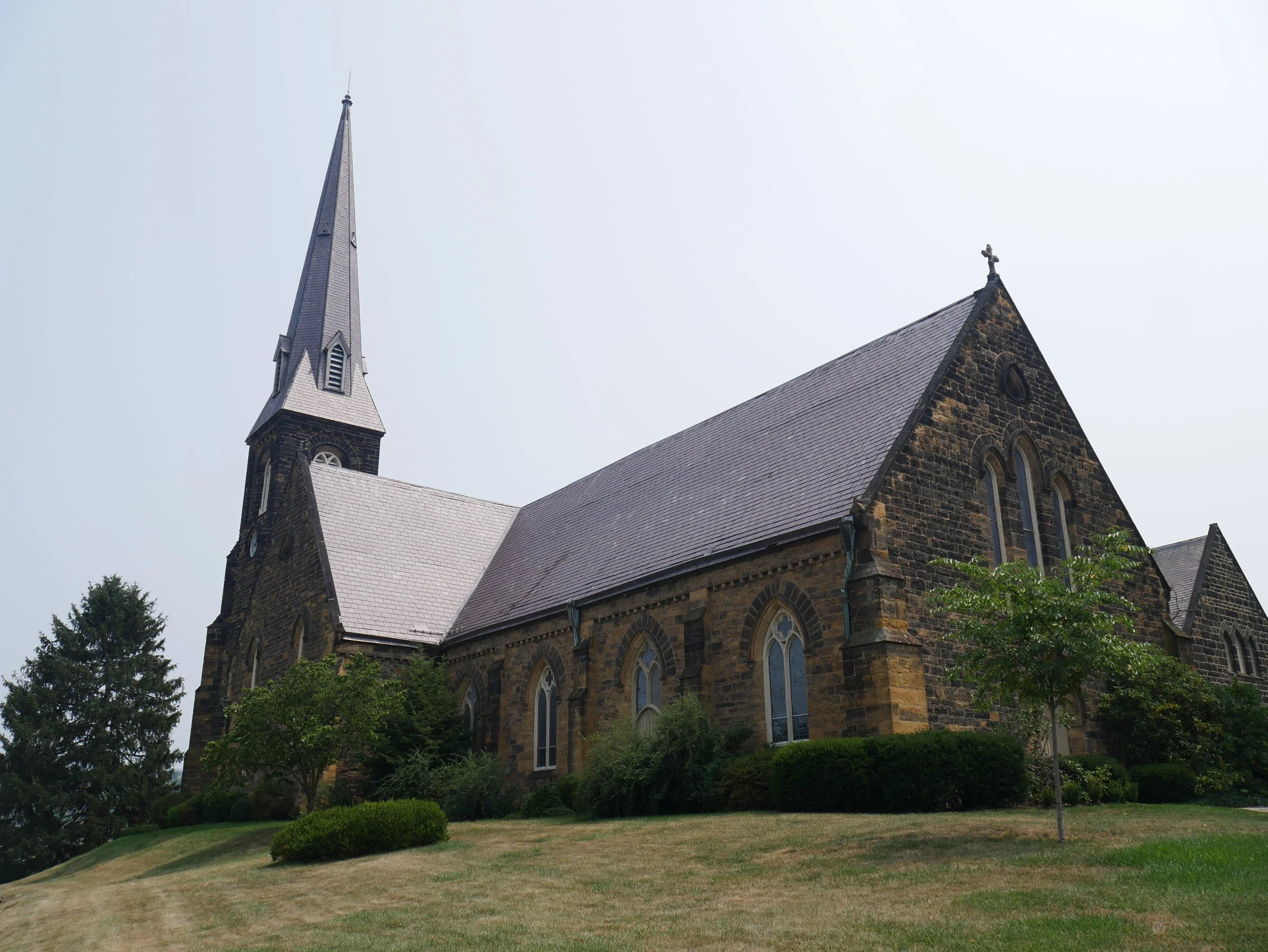In July of 1877, a strike on the Baltimore and Ohio railroad threw the United States into a crisis that shook its very foundations. The outburst became the first nationwide general strike in US history, travelling across major and minor railroad lines and spreading into countless other industries. In the Appalachian Forest, battlegrounds erupted in Allegany, Morgan, and Mineral County in the mountains and woods along the B&O line. The uprising crossed divisions of race, gender, and status as the downtrodden rose up against an absolute power.
Jane Gates: An African-American Trailblazer of Allegany County
Six years after the end of the Civil War, and three years after the Fourteenth Amendment declared that formerly enslaved people held rights as American citizens, Jane Gates purchased a house in Cumberland, Maryland. Jane Gates was born into slavery and denied the opportunity to learn how to read or write. Despite her illiteracy, oral history tells that she was the first black woman in Allegany County to have a bank account; she is known to have signed her name on legal documents with an X. With these achievements lies a great mystery. How did Jane, illiterate and listed in census records as a nurse and a laundress afford a house so soon after gaining her freedom? This question was pondered by her descendants, Dr. Henry Louis Gates Jr. and John Gates, when they dove into their ancestry. What they found was an inspiring, but incomplete history of their great-great-grandmother.
Education and Community at Paw Paw's Black School
After nearly 100 years since its construction, the former Paw Paw Black School continues to convey its historic association with the Town of Paw Paw's education and social history. For more than 25 years the building served to educate Black students, and as a place of social gathering for the small number of Black families in Paw Paw who lived in the vicinity of the school. The building remains largely unchanged since that time. The important role the school played in Black education and the Black community led to the building being listed on the National Register of Historic Places in 2024.
J.R. Clifford: A Pioneer of Equality and Democracy in Appalachia
John Robert (J.R.) Clifford was a trailblazing African American lawyer, educator, and activist whose work continues to inspire the fight for justice. Clifford's landmark legal battles, including the landmark ruling on November 16, 1898 in Williams v. Board of Education of Fairfax District, highlight his profound impact on civil rights and democracy.
A Timeless Road to Freedom—Cumberland and Emmanuel Parish
Situated at the top of the hill in the center of Cumberland, Emmanuel Parish stands for all to see. Visitors are drawn to the church on the hill with the steeple. Once inside, Emmanuel tells the story of our country from its earliest times to today. Situated at the crossroads of Native American trails and natural waterways, Cumberland and Emmanuel were known roads of freedom. It is believed that the original foundations underneath the church were used as a stop on the Underground Railroad.
Loss of Bomber No. 5 and Its Labor History
Following the Battle of Blair Mountain, a U.S. Army Air Service Martin NBS-MB-1*—Bomber No. 5—crashed near Drennen, Nicholas County, West Virginia. Its role in suppression of the largest armed uprising since the Civil War was thereby etched into the hills of West Virginia and into the labor history of our Nation.
J.R. Clifford & Carrie Williams: Civil Rights Pioneers
J.R. Clifford was a lawyer, teacher, newspaper editor, and soldier. He was the first black lawyer to practice law before the West Virginia Supreme Court of Appeals. In the case Carrie Williams v. The Board of Education Fairfax District, he successfully argued that "discrimination against people because of color alone as to privileges, immunities and equal protection of the law is unconstitutional" more than 50 years before Brown v. Board of Education.











